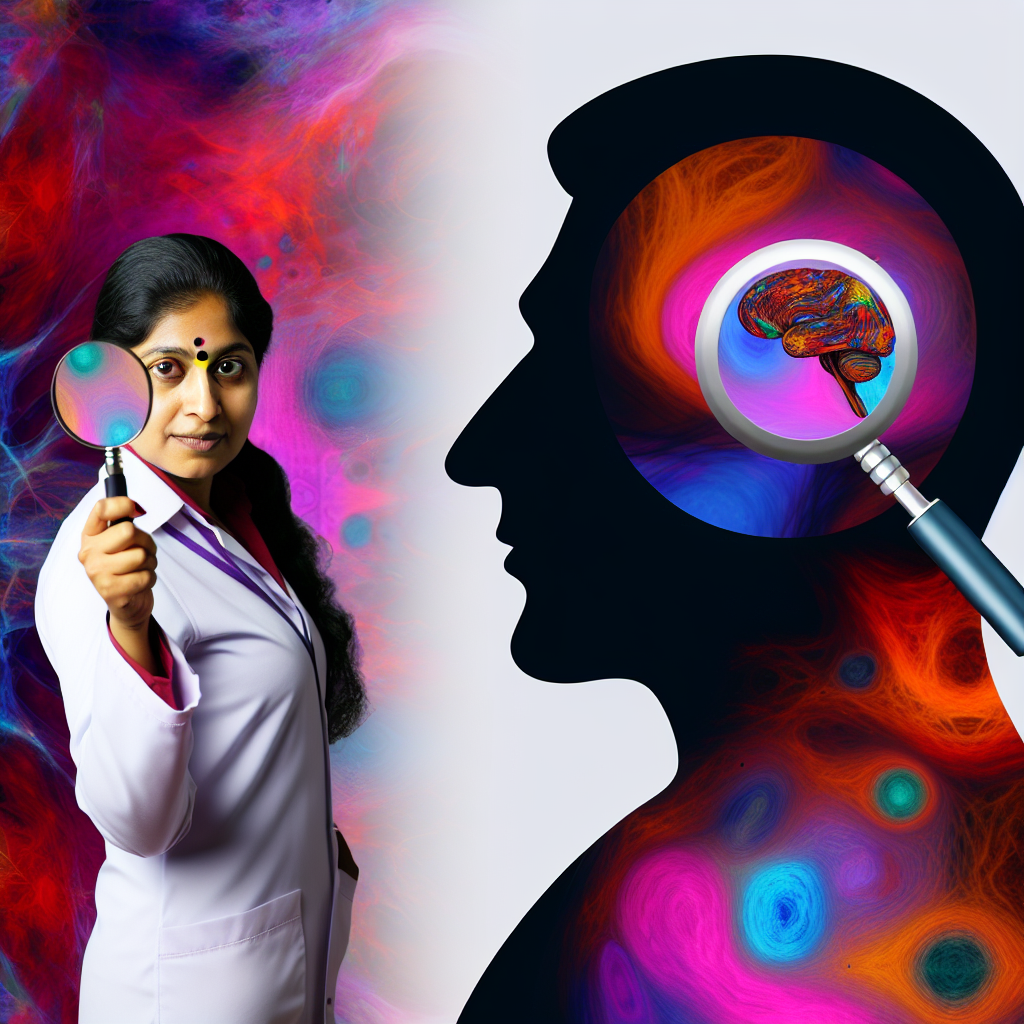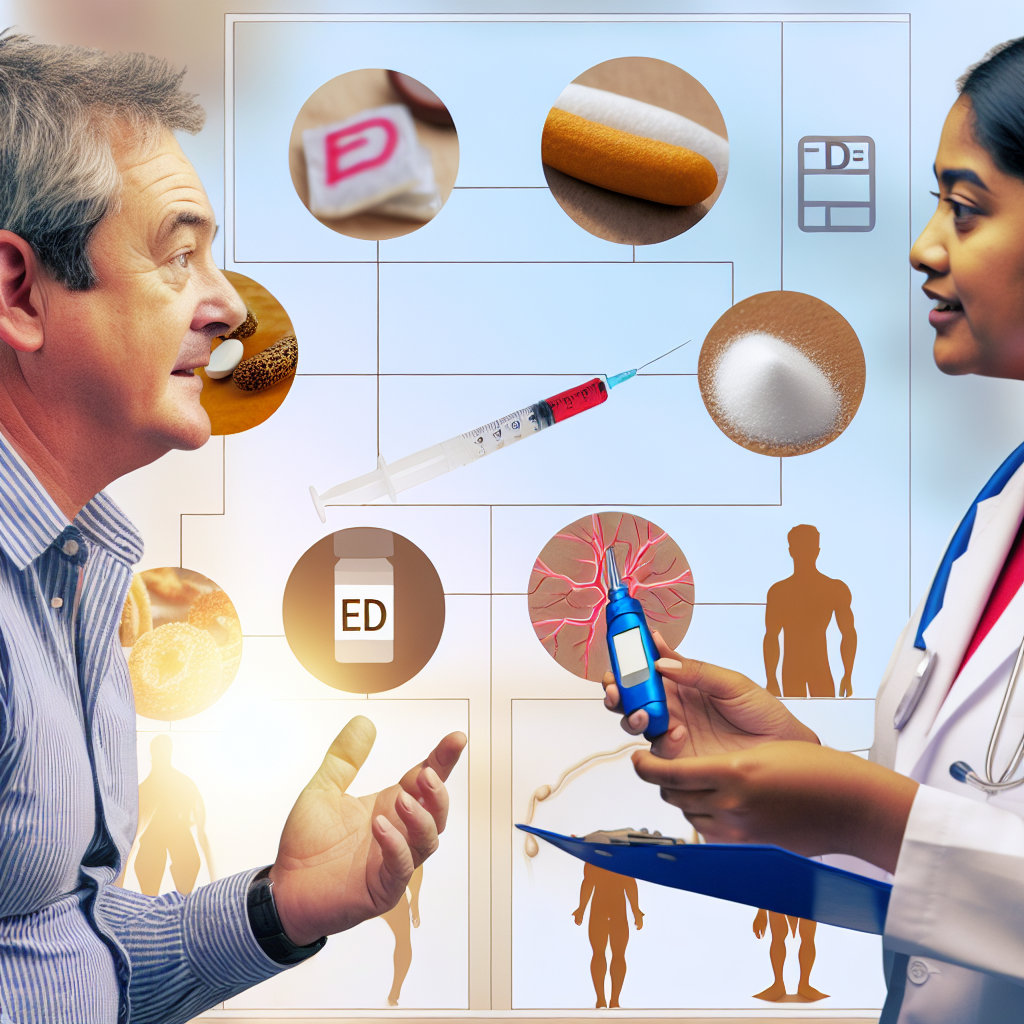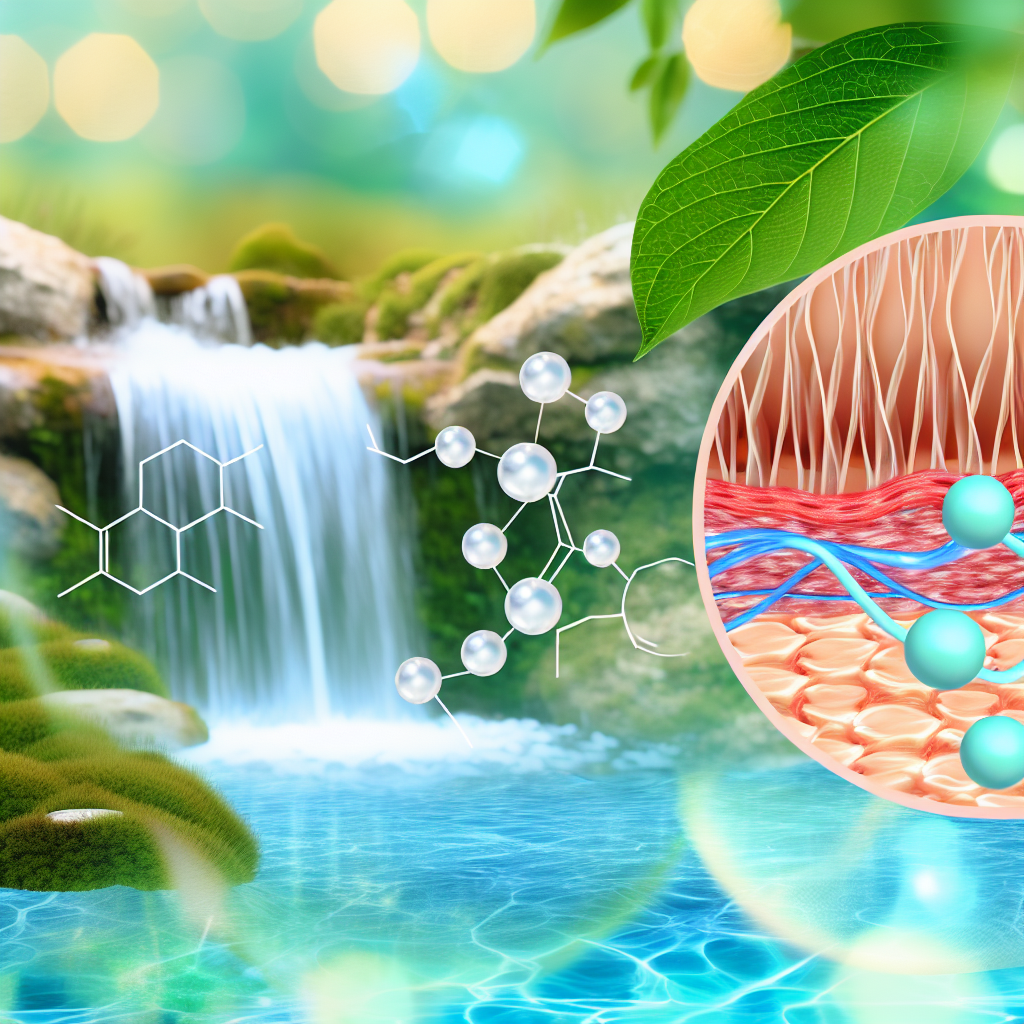ED Recovery: Post-Treatment Guide
Introduction
Erectile dysfunction (ED) is a common condition affecting men of all ages, from late teens to their 90s. Although often associated with aging, ED is influenced by various physical, psychological, and lifestyle factors. Fortunately, effective treatments—including medications, lifestyle changes, therapy, and surgical procedures—can help men restore their sexual function and confidence.
However, treatment is only the beginning. The post-treatment phase comes with its own challenges, including physical adjustments, psychological recovery, and lifestyle modifications. Full recovery isn’t always immediate—many men experience fluctuations in performance. Understanding what to expect post-treatment can ease anxiety and support long-term progress.
ED recovery requires a comprehensive approach that includes maintaining proper blood flow, hormonal balance, and addressing psychological concerns such as performance anxiety and self-esteem. Partner communication and mental health support play crucial roles in achieving sustained improvement. Additionally, different treatments have unique aftercare needs, such as medication management for those using PDE5 inhibitors like Viagra or Cialis and post-operative care for those who undergo penile implants.
No matter the treatment approach, the goal remains the same: restoring a satisfying and healthy sex life. This guide explores key recovery strategies, expert medical insights, and lifestyle tips to help men navigate life after ED treatment.
Medical Insights on ED Recovery
Several medical studies emphasize the importance of a structured recovery plan for sustained improvement post-ED treatment. Recovery involves more than just taking medication; lifestyle changes, psychological support, and regular medical checkups are essential components.
Boosting Blood Flow & Vascular Health for Stronger Erections
A study published in the Journal of Sexual Medicine found a strong link between cardiovascular health and erectile function. Men with ED often have an increased risk of heart disease. Therefore, improving cardiovascular health through diet, regular exercise, and proper medical care can significantly enhance erection quality.
A Harvard Medical School report also highlights that regular physical activity can improve ED symptoms by up to 41%. Exercise increases nitric oxide levels, which helps relax blood vessels and enhance penile blood flow.
Managing hypertension, diabetes, and cholesterol levels is essential for long-term ED recovery. Maintaining a heart-healthy lifestyle can improve not only erectile function but also overall well-being.
Pelvic Floor Exercises: A Secret Weapon for ED Recovery
According to The British Journal of Urology International, pelvic floor exercises (also known as Kegel exercises) significantly improve erectile function in men post-treatment. Strengthening the pelvic floor muscles enhances blood circulation and reinforces the ability to achieve and maintain erections.
To start, men can incorporate simple exercises like pelvic lifts and controlled contractions, which promote better penile rigidity and endurance. Regular practice can lead to noticeable improvements in erectile function.
Hormonal Balance: Is Low Testosterone Sabotaging Your Recovery?
Hormonal imbalances—especially low testosterone—can contribute to ED even after treatment. The American Urological Association (AUA) recommends that men experiencing persistent symptoms post-treatment consult a doctor to check their testosterone levels. Testosterone replacement therapy (TRT) may be an option for those with diagnosed deficiencies, but should always be conducted under medical supervision.
Breaking the Cycle of Performance Anxiety & Restoring Confidence
A study in Sexual Medicine Reviews shows that many men continue to experience anxiety even after their physical ED symptoms improve. Performance anxiety, past sexual disappointments, and self-image issues can all play a role in hindering recovery.
Cognitive-behavioral therapy (CBT) and sex therapy have proven effective in helping men regain confidence, reduce stress, and rebuild a positive connection with their sexuality. Open partner communication can also ease psychological tension and create a more relaxed environment for intimacy.
Recovery After Penile Implants & Surgical ED Treatments
For men who undergo penile implants or vascular surgeries, proper post-treatment care ensures optimal results. According to the American Urological Association, full recovery from penile prosthesis surgery typically takes 4-6 weeks, during which guided physiotherapy exercises help maintain function and satisfaction.
Patients should follow their doctor’s recommendations regarding post-surgical care, wound healing, and the gradual reintroduction of sexual activity to optimize results.
Are ED Medications a Long-Term Solution? What You Need to Know
PDE5 inhibitors (Viagra, Cialis, Levitra) are common ED treatments, but they are not a permanent cure. Men using these medications should schedule regular follow-ups with their doctor to monitor potential side effects such as dizziness, headaches, or vision disturbances.
According to Mayo Clinic, prolonged use of ED medications requires periodic assessment to determine effectiveness and safety. Discussing alternative options with a healthcare provider, such as combination therapies or lifestyle interventions, may be beneficial for long-term sexual health.
Conclusion: A Holistic Approach to Long-Term ED Recovery
Recovering from erectile dysfunction involves more than just medical treatment— it requires a holistic commitment to physical health, mental well-being, and emotional resilience. Whether a man has pursued pharmaceutical intervention, therapy, lifestyle changes, or surgical procedures, maintaining long-term results requires sustained effort.
Key Takeaways for a Successful ED Recovery Plan:
✅ **Prioritize Cardiovascular Health** – Improve circulation with exercise and a heart-healthy diet.
✅ **Strengthen Pelvic Floor Muscles** – Kegel exercises can enhance erection quality.
✅ **Monitor Hormonal Levels** – Testosterone imbalances can delay recovery.
✅ **Address Psychological Factors** – Therapy can help reduce anxiety and boost confidence.
✅ **Follow Proper Post-Treatment Care** – Surgical procedures require thorough aftercare for optimal results.
✅ **Keep Up with Medical Checkups** – Regular follow-ups help monitor treatment effectiveness and adjust plans as needed.
There is no universal timeline for ED recovery, and setbacks may occur. However, with a proactive mindset, treatment adherence, and professional support, most men can reclaim a fulfilling and satisfying sex life.
If you’re currently navigating ED recovery, consult a healthcare provider to explore the best strategies for optimizing your progress and achieving long-term success.
References
– Journal of Sexual Medicine. (https://www.jsmjournal.com/)
– Harvard Health Publishing. (https://www.health.harvard.edu/)
– The British Journal of Urology International. (https://www.bjuijournals.com/)
– American Urological Association (AUA) Guidelines. (https://www.auanet.org/)
– Sexual Medicine Reviews. (https://www.smr-journal.com/)
– Mayo Clinic. (https://www.mayoclinic.org/)
Summary:
This comprehensive guide provides valuable insights and strategies for men navigating the post-treatment phase of erectile dysfunction (ED) recovery. It emphasizes the importance of a holistic approach, including improving cardiovascular health, strengthening pelvic floor muscles, monitoring hormonal balance, addressing psychological factors, and following proper post-treatment care. The guide also highlights the need for regular medical checkups and the limitations of long-term ED medication use. By following these key takeaways, men can reclaim a fulfilling and satisfying sex life after ED treatment.

Dominic E. is a passionate filmmaker navigating the exciting intersection of art and science. By day, he delves into the complexities of the human body as a full-time medical writer, meticulously translating intricate medical concepts into accessible and engaging narratives. By night, he explores the boundless realm of cinematic storytelling, crafting narratives that evoke emotion and challenge perspectives. Film Student and Full-time Medical Writer for ContentVendor.com



